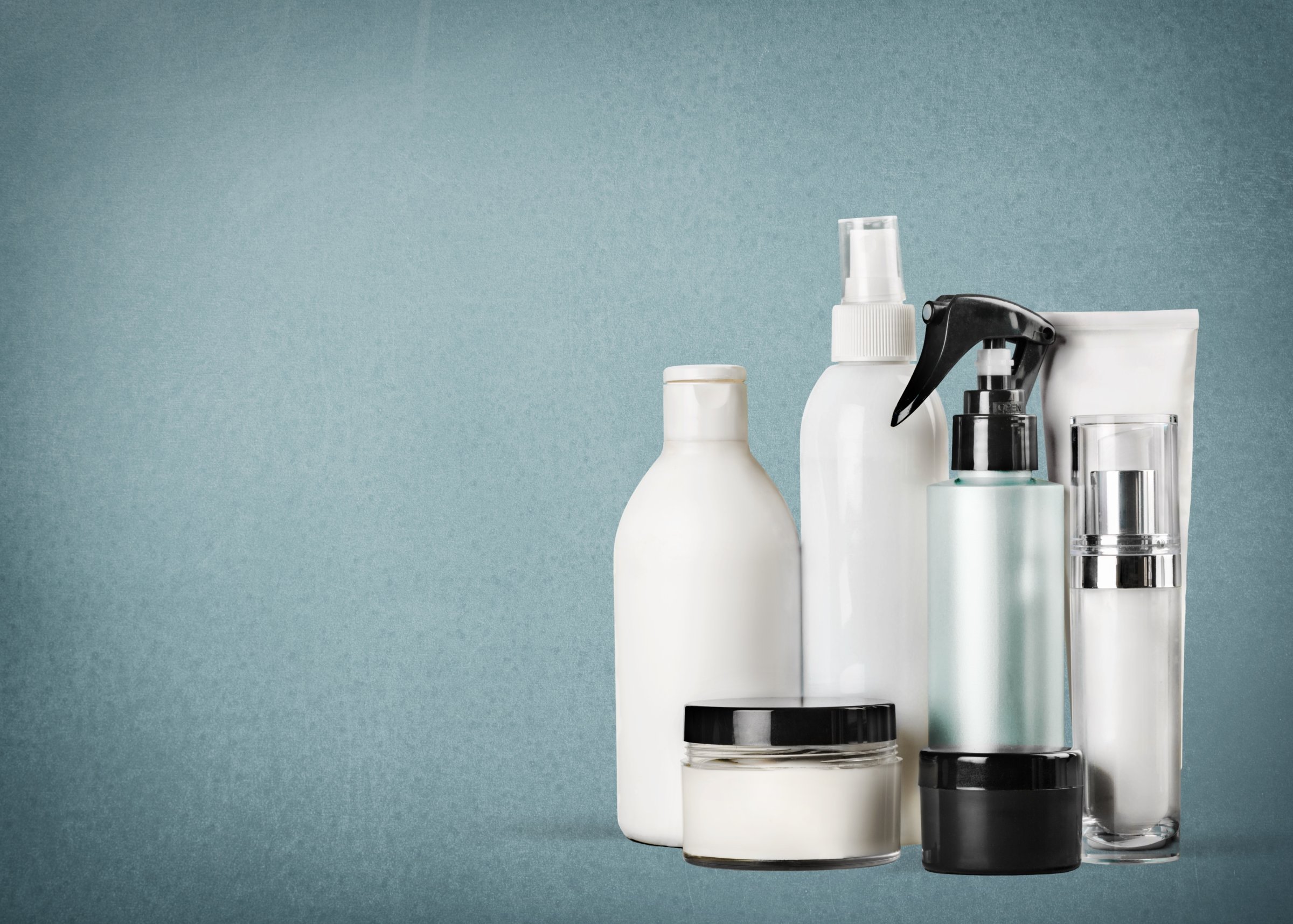
For people with sensitive skin, finding a moisturizer that doesn’t cause itching or irritation can be a real challenge. (That goes double for those with conditions like dermatitis, eczema, or psoriasis.) A good place to start is with products advertised as fragrance-free, hypoallergenic, or dermatologist-recommended.
But unfortunately, a new study in JAMA Dermatology shows that these claims often don’t hold much water.
When researchers at Northwestern University Feinberg School of Medicine evaluated the ingredients in the 100 best-selling whole-body moisturizing products sold at Target, Walmart and Amazon, they found that products with these labels often came at a higher price tag. They did not, necessarily, come without chemicals known to be irritants or potential allergens.
RELATED: The Best Skincare Products for Anti-Aging, Exfoliating, Moisturizing, and More
These inaccurate claims and higher prices make it difficult for people with sensitive skin or skin disorders to find affordable and safe moisturizers, say the study authors. These consumers may need to get specific recommendations from their own dermatologists, the study authors also say, or pay more attention to the actual ingredients in a product—and not just the advertising claims.
They study found that 45% of the products boasting a fragrance-free claim did actually have at least one chemical classified as a fragrance cross-reactor or botanical ingredient by the North American Contact Dermatitis Group (NACDG). Even more disturbing, 83% of products labeled as hypoallergenic included a potentially allergenic chemical.
In addition, 95% of products touted as dermatologist-recommended—a phrase that’s not regulated and doesn’t need to be backed up with much evidence—contained at least one NACDG-listed allergen. Products that were dermatologist-recommended were also were 20 cents more expensive per ounce, on average.
“We looked into what it means to be ‘dermatologist-recommended,’ and it doesn’t mean much,” says lead author Dr. Steve Xu, instructor in dermatology at Northwestern, “because it could be three dermatologists recommending it or one thousand.”
Overall, only 12% of the best-selling moisturizers were free of NACDG allergens, and “the difference in price between the least and most expensive moisturizers was 9,400%,” says Xu.
RELATED: 7 Things Every Woman Should Know About Her Skin
Xu stresses that moisturizing is an important part of caring for sensitive skin or skin disorders, because it can reduce inflammation and discomfort, and help prevent infection. But it can be difficult for consumers to choose the best products, because manufacturers are not required to list every ingredient or disclose which ones are potentially problematic fragrances (the top cause of skin allergies) or synthetic preservatives.
Better labeling isn’t necessarily the solution, Xu adds. “If manufacturers did list all the ingredients, their labels would be 75 pages,” he says. Instead, he hopes his research will help dermatologists better understand the science behind best-selling moisturizers, so they can recommend products that will be affordable and effective.
“Rather than creating a set of rules for patients, we suggest to dermatologists to be as specific as possible in recommending both a brand and product type to their patients,” he says. That recommendation should take price and ingredients into account, he adds, but also consumer preference.
For example, dermatologists like to prescribe ointments because their thickness and occlusiveness hydrates and protects the skin better than lotions, butters or oils. But only 2% of the best-selling products in the study were ointments, which suggests that consumers don’t like the greasy feeling and shiny residue they can leave.
“As a mixture of oil and water, creams … might offer a middle ground for patients who find ointments too greasy,” the authors wrote in their paper. Ultimately, they added, American Academy of Dermatology guidelines “recommend that patients select a topical vehicle based on personal preference that they will use regularly.”
Truly allergen-free products include white petroleum jelly, cold-pressed and unrefined coconut oils, Vanicream hypoallergenic products, and Aveeno Eczema Therapy moisturizing cream, say the researchers. In the study, the three most affordable products that were free of NACDG ingredients were Ivory raw unrefined shea butter, Vaseline, and Smellgood African shea butter.
The study authors say it’s also important for consumers to know that products labeled “natural” or “organic” are not necessarily safer or less allergenic, the authors wrote in their paper. (In fact, a product marketed as “all natural” had the highest number of potential allergens or irritants.)
Looking for a fragrance-free label is still a good idea, says Xu, but consumers should be aware that the claim isn’t necessarily completely true. “This is a bit unscientific,” he says, “but if you purchase something that is ‘fragrance-free’ and you put it on and it smells flowery or citrusy, then it probably has a different ingredient that is acting like a fragrance.”
This article originally appeared on Health.com
More Must-Reads from TIME
- Cybersecurity Experts Are Sounding the Alarm on DOGE
- Meet the 2025 Women of the Year
- The Harsh Truth About Disability Inclusion
- Why Do More Young Adults Have Cancer?
- Colman Domingo Leads With Radical Love
- How to Get Better at Doing Things Alone
- Michelle Zauner Stares Down the Darkness
Contact us at letters@time.com